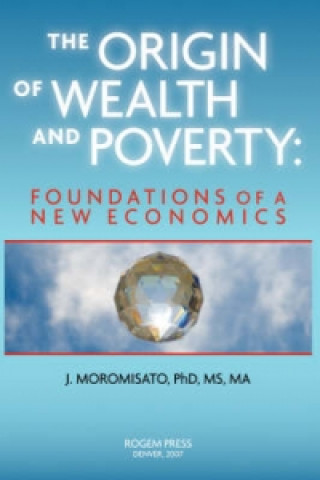
Code: 07429052
Origin of Wealth and Poverty
by J H Moromisato
When John Stuart Mill, who wrote the definive book on Classical Economics, dealt with the issue of over-production, he made the correct analysis-that 'any difference in opinion on it involves radically different conceptions of Pol ... more
- Language:
 English
English - Binding: Hardback
- Number of pages: 404
Publisher: Rogem Press, 2007
- More about this

10.62 €
RRP: 30.41 €
You save 19.79 €
Availability:
50/50 We think title might be available. Upon your order we will do our best to get it within 6 weeks.
We think title might be available. Upon your order we will do our best to get it within 6 weeks.We search the world
You might also like
-

Abingdon New Testament Commentaries
21.24 € -19 % -

Seven Attitude Adjustments for Finding a Loving Man
18.48 € -12 % -

Marriages and Deaths Reported in the Fishkill Standard, Fishkill Landing, New York, 1874-1877
27.58 € -

Hebrew Bible Critically Examin'd in Regard to Its Chronology, and Fully Prov'd to Be More Accurate and Correct Than Any Other Scripture-Chronology Hit
29.01 € -
![Count Julian. a Spanish Tragedy. [In Verse.] Count Julian. a Spanish Tragedy. [In Verse.]](https://media.libris.to/jacket/07997072t.jpg)
Count Julian. a Spanish Tragedy. [In Verse.]
15.42 € -19 % -

Build Your Running Body
18.48 € -28 %
Give this book as a present today
- Order book and choose Gift Order.
- We will send you book gift voucher at once. You can give it out to anyone.
- Book will be send to donee, nothing more to care about.
Availability alert
Enter your e-mail address and once book will be available,
we will send you a message. It's that simple.
More about Origin of Wealth and Poverty
You get 26 loyalty points
 Book synopsis
Book synopsis
When John Stuart Mill, who wrote the definive book on Classical Economics, dealt with the issue of over-production, he made the correct analysis-that 'any difference in opinion on it involves radically different conceptions of Political Economy'. Unfortunately, Mill made the wrong choice, and we are all living with that mistake now. This book is about that other conception of economics where over-production is not contrary to the basic assumptions of the theory. The book describes, in plain English, how our economic activity creates wealth, and how our compulsion to save creates poverty. Those findings and most of the others presented in this book emerge naturally, and logically, from a new set of basic assumptions, which include some from the old economics but in modified form. The failure of conventional economics to solve the great problems of the world (poverty, unemployment, and underdevelopment) can only be reversed by a more realistic conception of economics. For example, current textbooks define Economics as 'the management of scarcity'. Then they go on to describe how a society must choose very carefully what to produce in order to be able to produce the greatest amount of goods possible, given the scarce resources available (remember the infamous PPF or production possibility frontier?). From that, it follows that government should use as little of the economic resources as possible, and that we should be frugal and thrifty, and save, save, and save, in order to let the capitalists invest and increase our country's wealth. And of course, we must import whatever can be gotten cheaper abroad, so we can relieve somewhat the eternal scarcity of goods we are supposedly condemned to endure. The new theory claims instead that that world of scarcity is a cruel and inhumane fiction perpetrated by a mistaken ideology. In other words, we believe that we live in a world of scarcity only because economists also believe that themselves. The reality is the exact opposite: we live in a world of abundance and government has the power and the duty to foster a freer and more equitable and prosperous economy everywhere on Earth. The new theory of economics is powerfully optimistic in its assertion that poverty and underdevelopment are curable; that fiscal deficits are preposterous; that unemployment is an economic aberration; and that competition in international trade is an absurdity perpetuated by the prevailing erroneous capitalistic ideology.
 Book details
Book details
Book category Books in English Economics, finance, business & management Economics
10.62 €
- Full title: Origin of Wealth and Poverty
- Author: J H Moromisato
- Language:
 English
English - Binding: Hardback
- Number of pages: 404
- EAN: 9780979268960
- ISBN: 9780979268960
- ID: 07429052
- Publisher: Rogem Press
- Weight: 792 g
- Dimensions: 237 × 165 × 33 mm
- Date of publishing: 07. July 2007
Trending among others
-
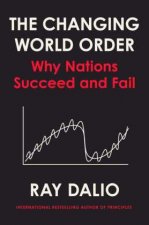
Principles for Dealing with the Changing World Order
24.31 € -5 % -
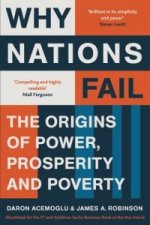
Why Nations Fail
11.23 € -13 % -

Team Topologies
23.90 € -12 % -
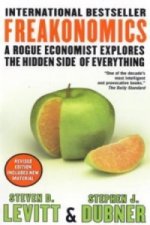
Freakonomics
8.06 € -20 % -

Misbehaving - The Making of Behavioral Economics
13.68 € -28 % -
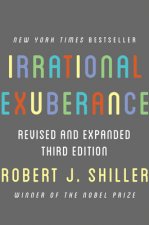
Irrational Exuberance
20.43 € -8 % -
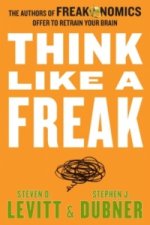
Think Like a Freak
9.70 € -3 % -
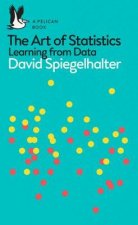
Art of Statistics
10.92 € -24 % -
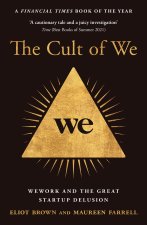
Cult of We
11.43 € -28 % -

Start-Up Nation
9.19 € -29 % -

Microeconomics and Behaviour, 3e
96.45 € -

Pyramid Principle, The
51.28 € -
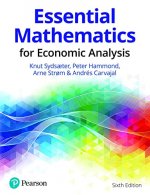
Essential Mathematics for Economic Analysis
73.15 € -1 % -
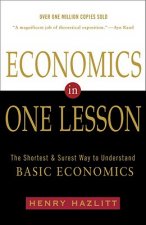
Economics In One Lesson
14.70 € -28 % -
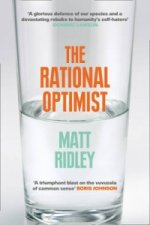
Rational Optimist
13.68 € -

Liar's Poker
13.68 € -
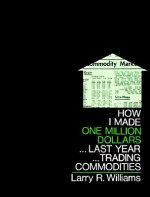
How I Made One Million Dollars Last Year Trading Commodities
39.12 € -23 % -

Breakthrough Copywriter
17.05 € -1 % -

Business Model Navigator, The
30.44 € -14 % -

Currency Wars
15.83 € -18 % -

Human Action
38.10 € -

History of Economics
15.42 € -28 % -

Fed Up
25.64 € -18 % -

J R
23.18 € -20 % -
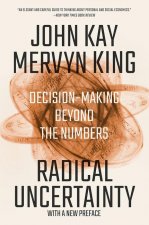
Radical Uncertainty - Decision-Making Beyond the Numbers
16.13 € -16 % -

Speak Up
17.67 € -18 % -

Predictably Irrational
14.91 € -21 % -
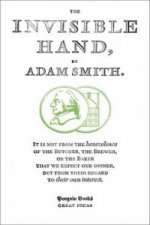
The Invisible Hand
7.14 € -17 % -

A-Level Economics: Year 1 & 2 Complete Revision & Practice (with Online Edition)
26.66 € -15 % -
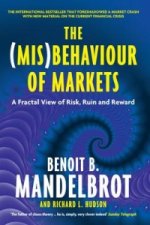
(Mis)Behaviour of Markets
13.48 € -28 % -
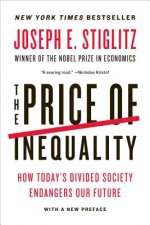
Price of Inequality
9.70 € -19 % -
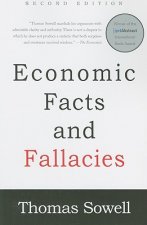
Economic Facts and Fallacies
16.65 € -22 % -

Scrum - A Pocket Guide - 3rd edition
22.78 € -4 % -
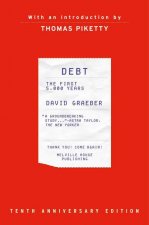
Debt, 10th Anniversary Edition
25.74 € -29 % -
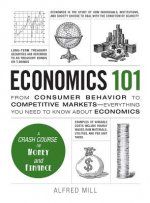
Economics 101
13.48 € -28 % -
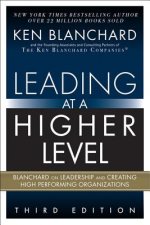
Leading at a Higher Level
31.05 € -9 % -

Econometric Analysis, Global Edition
86.54 € -

ITIL4 A POCKET GUIDE
23.90 € -

Decision Book
13.68 € -28 % -
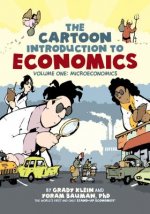
Cartoon Introduction to Economics
16.54 € -22 % -

Principles of Economics
15.52 € -15 % -
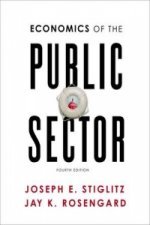
Economics of the Public Sector
79.18 € -

Discovery, Capitalism & Distributive Justice
19.81 € -7 % -
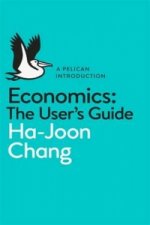
Economics: The User's Guide
12.86 € -26 % -

Freakonomics
6.02 € -30 % -

Phishing for Phools
16.34 € -15 % -
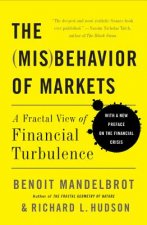
Misbehavior of Markets
22.47 € -

Hypomanic Edge
20.02 € -17 % -
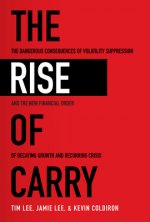
Rise of Carry: The Dangerous Consequences of Volatility Suppression and the New Financial Order of Decaying Growth and Recurring Crisis
24.31 € -27 %
Collection points Bratislava a 2642 dalších
Copyright ©2008-24 najlacnejsie-knihy.sk All rights reservedPrivacyCookies


 15549 collection points
15549 collection points Delivery 2.99 €
Delivery 2.99 € 02/210 210 99 (8-15.30h)
02/210 210 99 (8-15.30h)